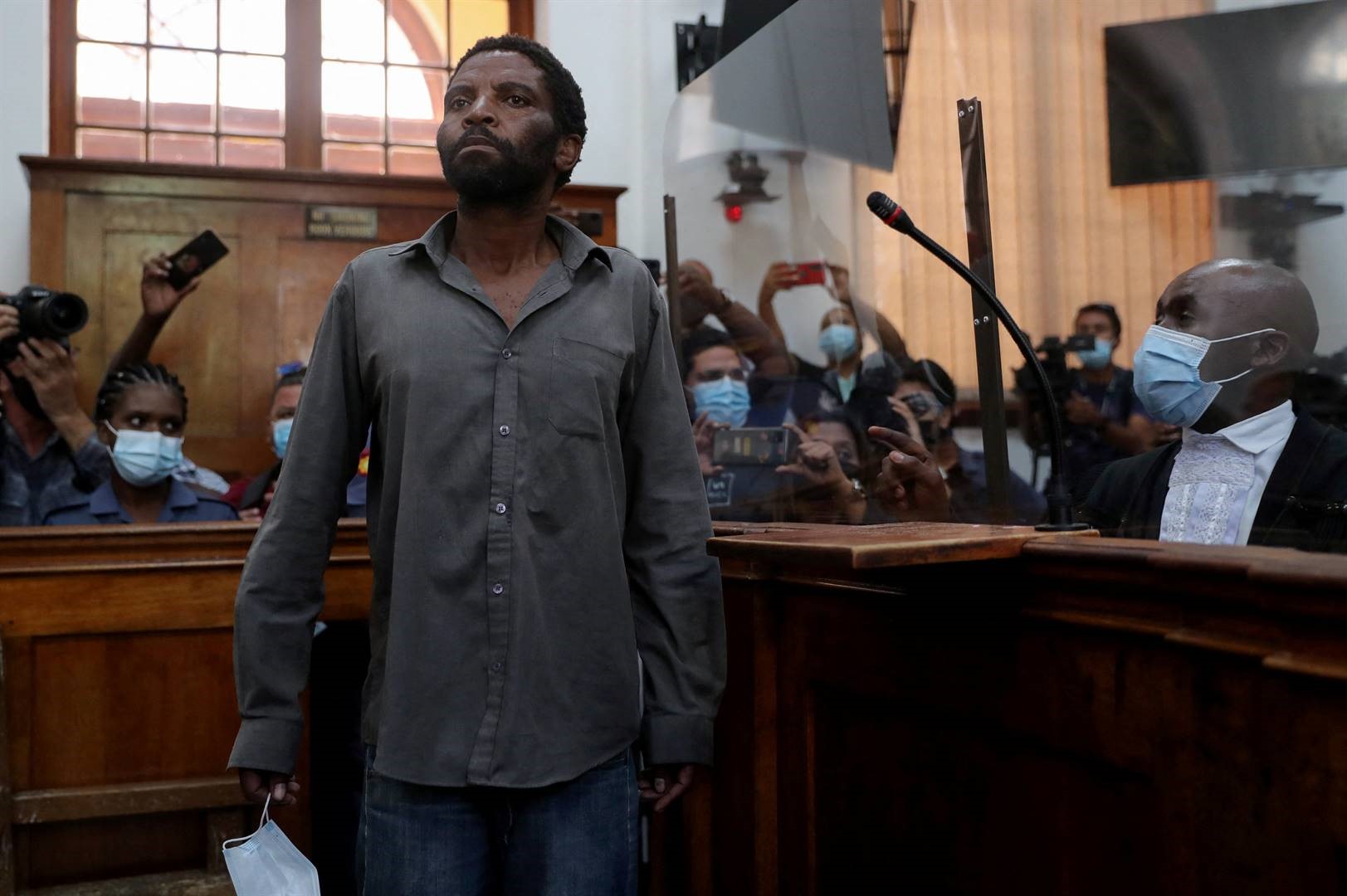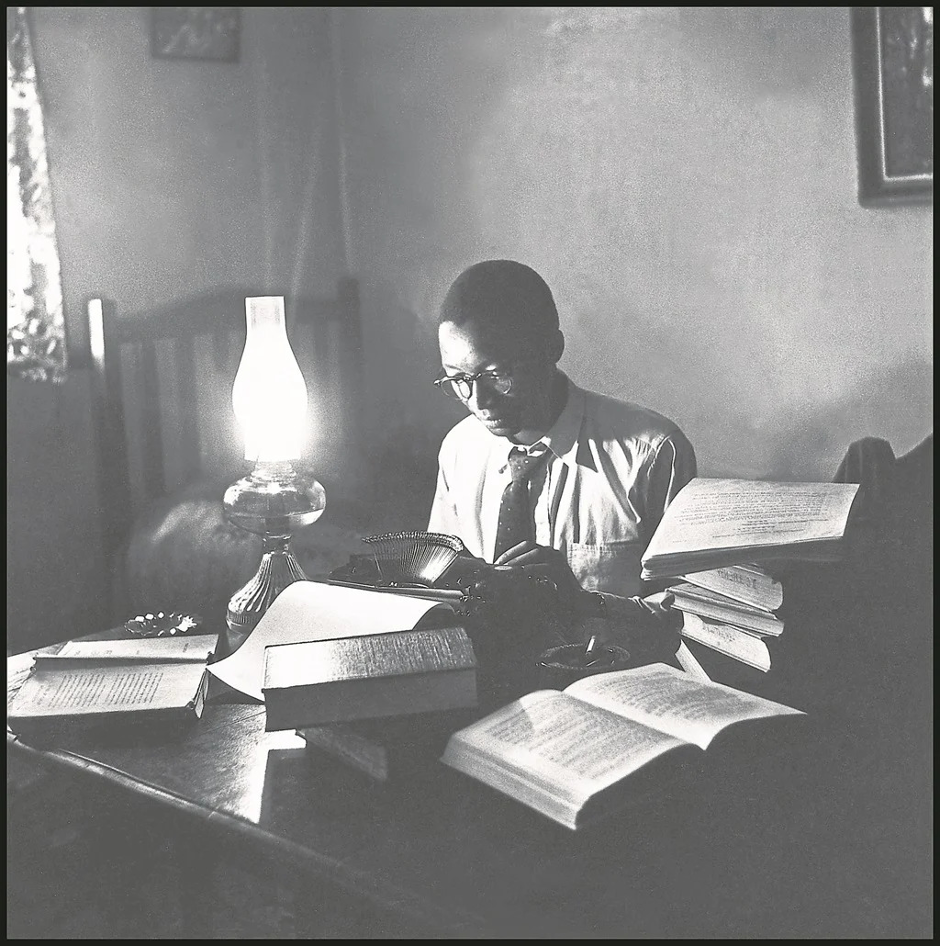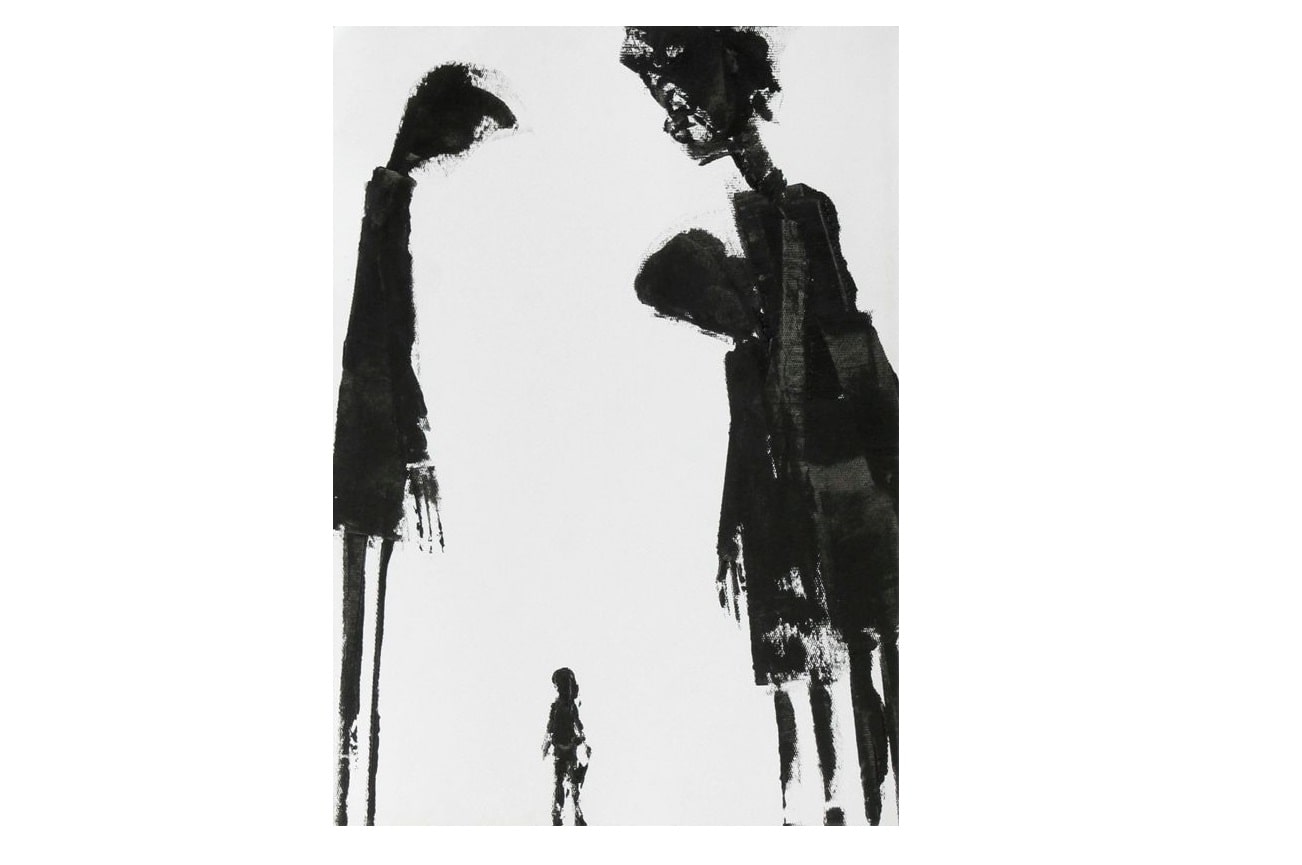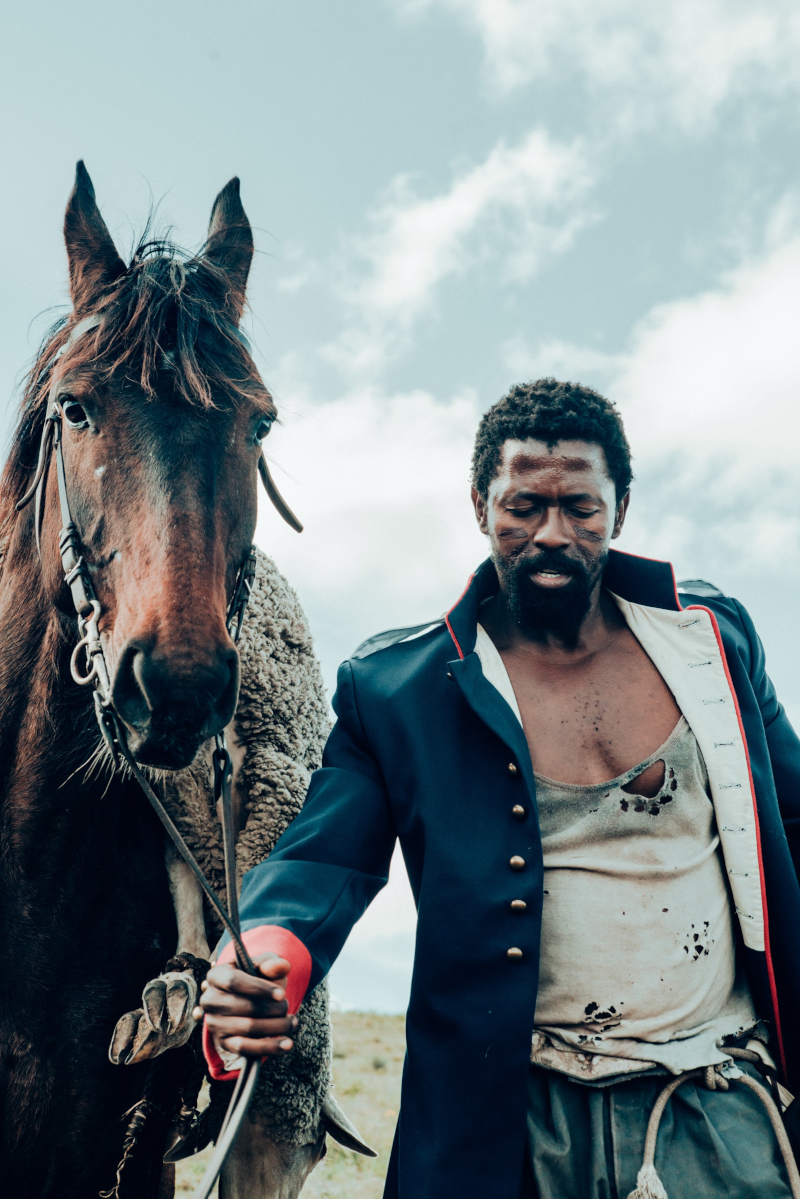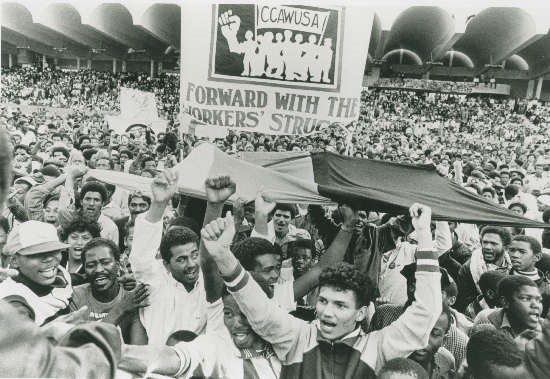Adieu Zahara! Goodbye, Spinach! What a name. What a voice. What a loss. What a career! It spans a decade plus. She is well-loved across the African continent. Goodbyes are not easy, especially for the loved ones. They are painful like your unexpected departure. However, goodbyes are imminent like a train departing, going to the destiny ahead. You made us imagine uloliwe, the snake of industrialization slithering between the ridges, hills, and mountains of this country, carrying labour migrants in its intestines.
We need to make sense of this train you are singing about, coming and going. Its departure and its arrival are inevitable because, like a specter, it begins by returning. Perhaps, the inevitability of these comings and goings is so much like death itself. The train of death. It can come and leave with our loved ones but leave us devastated. I liken your painful and sudden departure with the recent one in my township in King William’s Town; a man who has been an embodiment of success and humility whose death has shocked so many people in the area from far from Mdantsane and Phumlani.You leave when we're still holding our hands in our mouths due to awe, disbelief, and heartache.
Bulelwa Mkutukana. She came with a snake of steel, arriving at the tenderness of the sunrise. Loliwe woke up the whole country. Like a track of tracks, that the late South African poet, Sandile Dikeni, calls that which “drags the sweet of youth/out to the harshest world that leaves you cold.” It is such railway tracks that the labourers made it possible for us to be transported by loliwe to our families, friends, lovers, and work. “Outside/inside the railway tracks where we chant,” writes Dikeni, because he is intrigued by this image of “the steam train that puffs/ against the winter wall.” Seemingly, the train bewitches Zahara’s imagination, too, she knits the song together rather beautifully.
The song, “Loliwe,” alludes to this magical transportation that comes and goes with our people. “Wayidudula” mimics, at the level of meaning as an ideophone, the sound and action of the train leaving. Metaphorically, Zahara was aware too, that the train is also an angel of death as she sings, “Phezulu kweNkosi/Kuhlal’ ingcwele zodwa/ Ofuna ukuya khona thandaza”: in the heaven where the Lord resides/It’s only saints who live there/Whoever wants to go there should pray. She sings about the train and transitions to this reference about heaven and who stays there without a qualifier. A technique, indeed, which enacts a poetic effect. While others may have thought there was no coherence in the song, there is certainly meaning and logic here. But the song reflects a language under pressure like poetry. As we now mourn your death, we meditate about your life’s meaning through your music. One of the features of the work of mourning is to make you present while you have paradoxically gone; to talk about you, to write about you and your music, and to localize you in our process of healing.
We have heard you complaining that umthwalo wakho uyakusinda, that your luggage is heavy, and we knew right there that this life thing is at times unbearable to many of us. At that point, you had this heaviness on your shoulders on our behalf as a society. One of your departures included going to the city of gold, Johannesburg, and getting a record deal. They named you Zahara, an Arabic and exotic name for a girl, meaning a flower, to replace your previous name, Spinach, as an unreleased artist from Phumlani. But the arrangement of songs in your first album was a rearrangement of the ones composed by you in your demo with your acoustic guitar. Being acknowledged for composing such beautiful songs like “Loliwe”, “Ndize”, and “Mthwalo” should also mean the ownership of royalties. Not long ago we heard you crying about not having money. One moment you did not have a house of your own after accumulating millions for your stable. That pained many of us. We could not believe that you can go broke when you have a successful music career like that!
The train has gone with you and please allow us to cry and grieve for this inevitable departure. You have also lived a troubled life. And we will mourn and eventually wipe our tears. An eclipse of a star like you will be felt by many. Stars and angels, indeed, belong to the sky where the Lord resides.
Adieu, Zahara!


